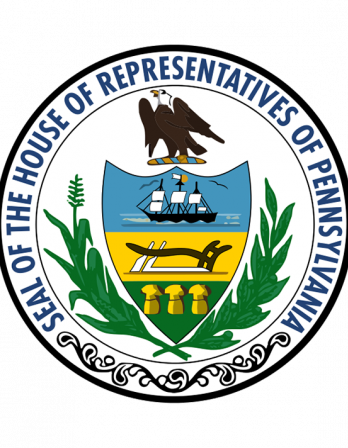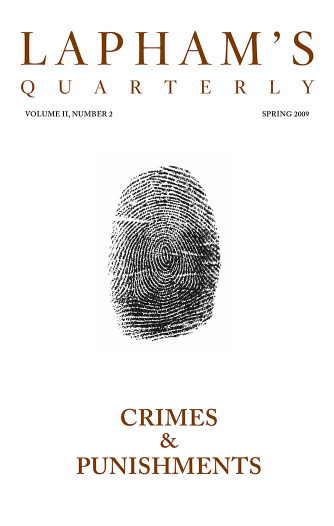We may appeal to the experience of every sensible lawyer whether anything can be more hazardous or discouraging than the usual entrance on the study of the law.
A raw and unexperienced youth, in the most dangerous season of life, is transplanted on a sudden into the midst of allurements to pleasure, without any restraint or check but what his own prudence can suggest; with no public direction in what course to pursue his inquiries; no private assistance to remove the distresses and difficulties which will always embarrass a beginner. In this situation he is expected to sequester himself from the world and, by a tedious lonely process, to extract the theory of law from a mass of undigested learning; or else, by an assiduous attendance on the courts, to pick up theory and practice together, sufficient to qualify him for the ordinary run of business. How little, therefore, is it to be wondered at that we hear of so frequent miscarriages; that so many gentlemen of bright imaginations grow weary of so unpromising a search, and addict themselves wholly to amusements, or other less innocent pursuit; and that so many persons of moderate capacity confuse themselves at first setting out, and continue ever dark and puzzled during the remainder of their lives.
The evident want of some assistance in the rudiments of legal knowledge has given birth to a practice which, if ever it had grown to be general, must have proved of extremely pernicious consequence, I mean the custom, by some so very warmly recommended, of dropping all liberal education as of no use to students in the law, and placing them in its stead at the desk of some skillful attorney, in order to initiate them early in all the depths of practice, and render them more dexterous in the mechanical part of business. A few instances of particular persons (men of excellent learning and unblemished integrity) who, in spite of this method of education, have shone in the foremost ranks of the bar afforded some kind of sanction to this illiberal path to the profession, and biased many parents of shortsighted judgment in its favor; not considering that there are some geniuses formed to overcome all disadvantages, and that from such particular instances no general rules can be formed; nor observing that those very persons have frequently recommended, by the most forcible of all examples, the disposal of their own offspring, a very different foundation of legal studies, a regular academical education. Perhaps, too, in return, I could now direct their eyes to our principal seats of justice, and suggest a few lines in favor of university learning; but in these, all who hear me, I know, have already prevented me.

Signing of the Constitution, by Howard Chandler Christy, 1940. U.S. Capitol.
Making, therefore, due allowance for one or two shining exceptions, experience may teach us to foretell that a lawyer, thus educated to the bar, in subservience to attorneys and solicitors, will find he has begun at the wrong end. If practice be the whole he is taught, practice must also be the whole he will ever know; if he be not instructed in the elements and first principles upon which the rule of practice is founded, the least variation from established precedents will totally distract and bewilder him; ita lex scripta est [thus is the law written] is the utmost his knowledge will arrive at; he must never aspire to form, and seldom expect to comprehend, any arguments drawn, a priori, from the spirit of the laws and the natural foundations of justice.
Nor is this all; for (as few persons of birth or fortune, or even of scholastic education, will submit to the drudgery of servitude, and the manual labor of copying the trash of an office) should this infatuation prevail to any considerable degree, we must rarely expect to see a gentleman of distinction or learning at the bar. And what the consequence may be to have the interpretation and enforcement of the laws (which include the entire disposal of our properties, liberties, and lives) fall wholly into the hands of obscure or illiterate men, is matter of very public concern.
The inconveniences here pointed out can never be effectually prevented, but by making academical education a previous step to the profession of the common law, and at the same time making the rudiments of the law a part of academical education. For sciences are of a sociable disposition, and flourish best in the neighborhood of each other; nor is there any branch of learning but may be helped and improved by assistances drawn from other arts. If, therefore, the student in our laws hath formed both his sentiments and style by perusal and imitation of the purest classical writers, among whom the historians and orators will best deserve his regard; if he can reason with precision, and separate argument from fallacy by the clear, simple rules of pure, unsophisticated logic; if he can fix his attention, and steadily pursue truth through any the most intricate deduction by the use of mathematical demonstrations; if he has enlarged his conceptions of nature and art by a view of the several branches of genuine experimental philosophy; if he has impressed on his mind the sound maxims of the law of nature, the best and most authentic foundation of human laws; if, lastly, he has contemplated those maxims reduced to a practical system in the laws of imperial Rome; if he has done this, or any part of it (though all may be easily done under as able instructors as ever graced any seats of learning), a student thus qualified may enter upon the study of the law with incredible advantage and reputation. And if, at the conclusion or during the acquisition of these accomplishments, he will afford himself here a year or two’s further leisure to lay the foundation of his future labors in a solid scientifical method, without thirsting too early to attend that practice which it is impossible he should rightly comprehend, he will afterward proceed with the greatest ease, and will unfold the most intricate points with an intuitive rapidity and clearness.
From A Discourse on the Study of the Law. Orphaned at twelve when his mother died in 1735—his father had died before his birth—Blackstone became a barrister in 1746 but found little success; according to one historian, Blackstone “evidently spent too little time at the law courts.” Six years later, at the age of twenty-nine, he retired from practicing law, citing his “constitution, inclinations, and a thing called principle.”
Back to Issue



